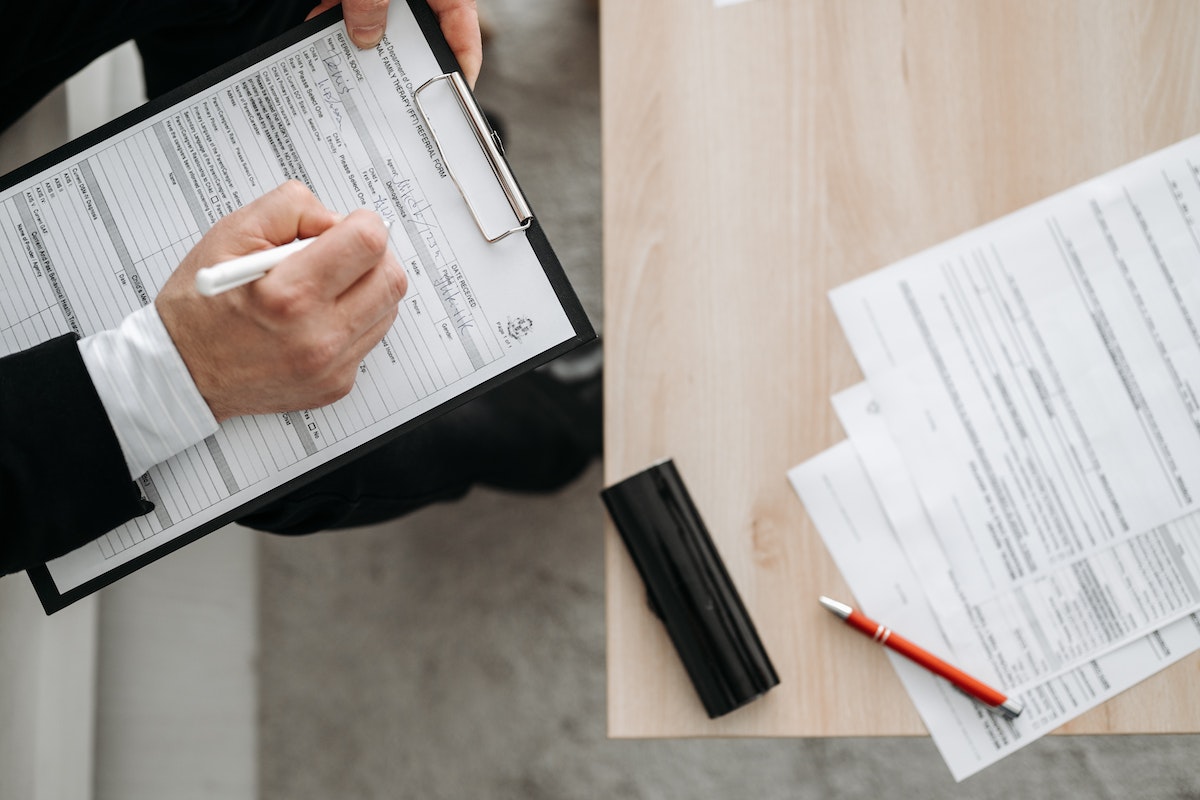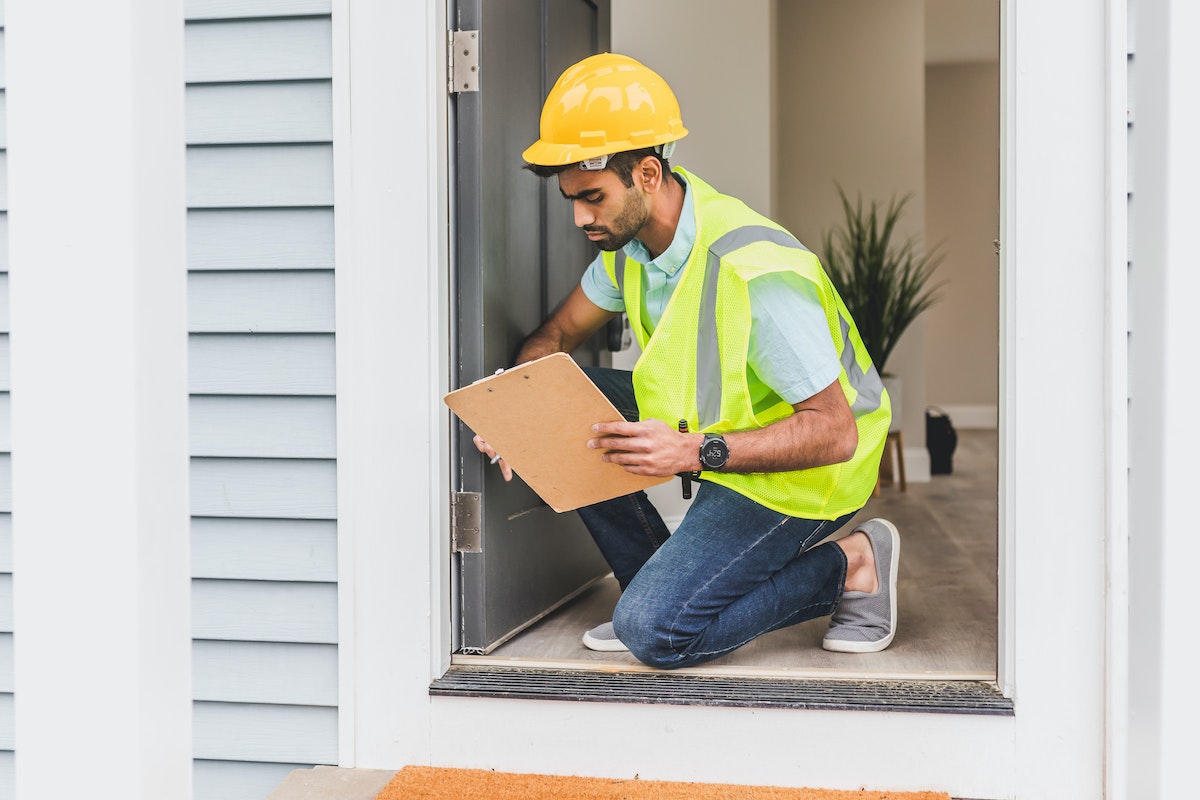
A home purchase is a significant investment involving various expenses, including closing costs. As a first-time home buyer in Massachusetts, you must be wary of these costs to avoid them catching you off-guard.
Like many other states, Massachusetts has closing costs regulations and fees. Thus, knowing what to expect when purchasing a property in Bay State is crucial to avoid surprises.
This article discusses the closing costs for home buyers in Massachusetts, including who pays closing costs in MA and how to minimize these costs. Read to the end!
How Much Are Closing Costs in Massachusetts
One crucial question most home buyers in MA ask is, how much are closing costs in Massachusetts?
Data from Bankrate shows that the average closing costs in MA are $7,964 for home purchases and $2,486 for refinancing. However, the study didn’t consider variable costs like discount points, escrow fees, government-related fees, title searches, and title insurance.
Generally, home buyers should budget two to five percent of the total home’s purchase price for closing costs. The Massachusetts median home price is $558,313, and with a three percent closing cost, you’ll likely spend $16,750.
Although closing costs are often expensive, the interest rate is home buyers’ largest mortgage expense. You might make interest payments into hundreds of thousands of dollars before fully repaying the mortgage.
Fortunately, you can lower your interest rate by shopping around and comparing mortgage lenders to save additional fees.
Common Closing Costs for Home Buyers in Massachusetts
While the home seller has the seller’s closing cost in MA to worry about, our focus is primarily on the real estate closing costs for home buyers.
If you’re an intending homeowner in Massachusetts, the following are common buyer’s closing costs to know:
-
Mortgage Fee
Mortgage fees take up a considerable amount of your Massachusetts closing costs. After pre-approval, the lender will offer the loan estimate you’ll pay.
Experts recommend shopping around before committing to a lender. That way, you can save a few thousand on additional costs. The mortgage lender will charge loan origination fees, often one percent of the total loan balance, to process your loan.
This loan origination fee covers the cost of executing, underwriting and processing your loan.
-
Home Inspection
One of the typical closing costs in MA is home inspection. Before closing the deal, buyers must ensure the property is in the best condition promised. While you might be tempted to skip a home inspection, the risks far outweigh the money involved.
A typical home inspection in Massachusetts costs between $350-$500.
-
Property Taxes
From the day you close on the real estate deal to the end of that year, you’re required by law to pay property taxes. If the home seller has already paid the property tax for the year, your expected closing costs will contain their reimbursement.
-
Massachusetts Homestead Declaration
Although this cost is optional, the Massachusetts homestead declaration protects homeowners in MA for up to $500,000 equity in their primary residence if there’s a lawsuit against a property owner.
Since it’s an inexpensive type of insurance, a real estate attorney will charge between $100-$125 for the document’s preparation and filing.

-
Title Company Search
Title searches ensure you won’t have issues with the homeownership after the purchase. You wouldn’t want another claiming your new home purchase, hence the need for this procedure. However, the title company fee is often included in the lender’s fees. It’s also part or the seller closing costs.
-
Flood Determination
One of the closing costs for a Massachusetts buyer includes flood determination. This $20 fee helps determine if your property is in the flood zone. If the house is in a flood zone, you’ll be required to buy flood insurance in addition to your regular homeowner’s coverage.
-
Recording Fees
You’ll also be required to pay to record the home’s new ownership and title with the county where you bought it. However, the fees vary depending on your location. The recording fee and transfer taxes are also part of seller closing costs, so negotiate with the home seller.
-
Optional Costs
Massachusetts home buyers can also consider other costs, such as mold inspections, septic systems and well water inspections, radon inspections (water and air), and pest inspections.
Other Costs to Consider When Buying a Massachusetts Home
While you’ve got an answer to the question of how much is the closing cost in MA, you need to be aware of other buyer closing costs for intending homeowners in MA, such as:
1. Annual Plumbing and HVAC Inspections
Preventing problems is naturally better than paying to fix the issues. Thus, getting the home’s major systems cleaned and inspected yearly is best.
When you engage in annual HVAC and plumbing inspections, you can catch repairs and prevent most concerns before they worsen.
2. Utilities
Other average closing costs in MA for buyers in 2023 are cooling and heating, trash removal, sewage, and water. You can reduce utility costs by improving your home appliances’ energy efficiency and making your house more comfortable. Remember also to boost your insulation.
3. Homeowner’s Insurance
You need to pay for homeowner’s insurance if you have a home loan. However, you can shop around for companies with a better private mortgage insurance rate and owner’s title insurance.
How Home Buyers Save on Closing Costs in Massachusetts
If you’re an intending home buyer, you can save on Massachusetts buyer closing costs through specific lending programs that help to keep fees and down payments low.
My Mass Mortgage is an excellent resource for first-time buyers interested in state programs. Also, you can work with Freddie Mac, Fannie Mae, and United States Department of Agriculture (USDA) loans.
The following are ways to reduce the closing costs paid while buying your first home:
-
Negotiate Closing Costs Payment With Seller
While both the buyer and seller must follow local conventions when dividing the closing cost responsibilities, the amount the buyer or seller pay is 100% negotiable.
During the real estate transaction purchase agreement negotiations, you can ask the seller to cover costs like the transfer tax and legal fees you’d typically pay. You can also ask the homeowner to contribute a large sum to help bear the overall closing costs burden.

-
Shop Around for Real Estate Services
Once you’ve discovered the closing costs you’ll need to pay, you can shop around for the best rates, like insurance premiums, attorney fees, and title services.
However, most home sellers and buyers don’t have enough time to worry about comparison shopping. Between handling the moving, paying the appraisal fee, and organizing inspections, you won’t have time to call various title companies to save about $75 on the closing fee.
-
Get a Home Buyer Rebate or Discounted Listing Fees
The best way to ensure an affordable home purchase and sale is to find a real estate agent offering home buyer rebates or charging low commission rates. Due to the real estate industry’s competitiveness, many agents now offer in-built savings to attract customers.
For instance, top low-commission brokerages offer the support and service of a traditional real estate agent while charging a low price, saving home sellers thousands of dollars.
Most Massachusetts home buyers might qualify for a rebate, putting cash back in their pocket when closing on their house.
When Should Home Buyers Pay Closing Costs?
Buyers pay closing costs on the closing date mentioned in the purchase agreement during a process called settlement. On the closing day, the buyer brings a lump sum in the form of a certified check or cashier’s check to cover their closing costs and down payment.
The amount the buyer needs to close the sale is called “cash to close.” This money accounts for all the buyer has to pay, such as the down payment and closing costs, excluding the earnest money deposit and credits from the seller.
Before closing, your lender will specify the “cash to close.” Unlike closing costs they use a closing cost calculator in Massachusetts to check, buyers won’t have to calculate the amount themselves.
Also, home sellers won’t have to bring cash for their closing costs. They can pay out of the sales proceeds. The only exception is when the amount owed by the seller and the seller’s closing costs is more than the home sale price. Then, the seller will have to bring closing costs to the settlement.
Closing Process Steps for Buyers
The closing process for home buyers in Massachusetts begins when the seller accepts the offer from the buyer and involves the following steps:
-
Open an Escrow Account
The first step is to open an escrow account managed by a third-party title or escrow company for the seller and buyer. That way, all the essential documents and money related to the home sale will be safe, preventing the buyer or seller from getting defrauded. However, you need to pay an escrow fee for this service.
-
Complete a Title Search
The title search is a vital part of the closing process because they ensure no one will lay claim on your purchased property in the future. This process guarantees that no one is claiming the home, and it’s the seller’s own to sell. It’s best to also purchase title insurance at this point.
-
Start the Mortgage Approval Process
Now is the time to start the mortgage approval process to make the real estate transaction process smoother. Mortgage pre-approval lets the home seller know you’ve handled your finances.
Although you might have started the mortgage pre-approval process, it’s best to explore another mortgage plot plan to choose the best. You also need to consider the down payments (often 10% to 20% of the property’s total purchase price) and the monthly mortgage payments.
Massachusetts home buyers can access many loan programs, but the loan amount depends on your credit report and score.

-
Schedule Home Inspections
While optional, this step is vital to the real estate transaction process. Home inspections offer the buyer a chance to withdraw the offer if they find serious defects on the property, such as cracks in the foundation.
Depending on the enormity of the fault, the seller can fix the property before the buyer moves in or pay the buyer to handle the fixing.
-
Funding Escrow
Now it’s time to deposit earnest money to the escrow account. If the buyer backs out of the deal, the earnest money goes to the seller. The buyer also needs to deposit additional fees into the escrow account and prepare for the down payment.
-
Final Walkthrough and Paperwork Signing
At this stage, it’s best to conduct a final walkthrough to spot new and hidden defects before signing the paperwork involved in the closing process. Remember to read the contracts before signing.
FAQs
Are Closing Costs Negotiable?
Yes! Massachusetts closing costs are negotiable, like the lender fees. Also, you can negotiate with a motivated seller to help pay some part of the closing costs.
Are There Closing Costs Discounts or Exemptions for Massachusetts Home Buyers?
Yes! Some closing costs discounts and exemptions are available for Massachusetts home buyers. For instance, first-time buyers may qualify for a mortgage credit certificate, providing a federal tax credit of about 20% of the paid mortgage interest.
Can I Pay Closing Costs Upfront?
No! Closing costs are paid at the closing table. Budgeting for the Massachusetts closing costs is essential to avoid financial surprises during real estate transactions.
Key Takeaways
Purchasing a home is a significant financial investment in Massachusetts that comes with many expenses, especially closing costs. Knowing these Massachusetts closing costs will help home buyers avoid unpleasant surprises.
Comparing closing costs from different mortgage loan lenders is essential to find the best deal. Consider asking your lender for a rebate or negotiating with the home seller to handle some of the closing costs to enable you to save thousands of dollars.
Remember that closing costs can affect your overall homeownership costs significantly. Therefore, you must budget accordingly when purchasing a house in Massachusetts.
The home-buying process in Massachusetts is complex. Thankfully, leading real estate companies like Ardor Homes Massachusetts can help you enjoy a smooth and fast transaction.
At Ardor Homes Massachusetts, our knowledgeable local real estate brokers can help you find your dream home in your preferred location in Bay State in record time.

In her 25-year career, Steph Wilkinson has been involved in the acquisition, marketing and sales of over $3 Billion dollars of residential real estate. A number of years ago, Steph transitioned into Brokerage Leadership for National real estate brands and tech start-ups. She has served as a Business Strategist for real estate agents and brokerages alike and is also a real estate coach and trainer. In her new role with the Iconic Team, Steph will be responsible for the growth of the team and will be working with all of our agents to increase their productivity and bottom line.




